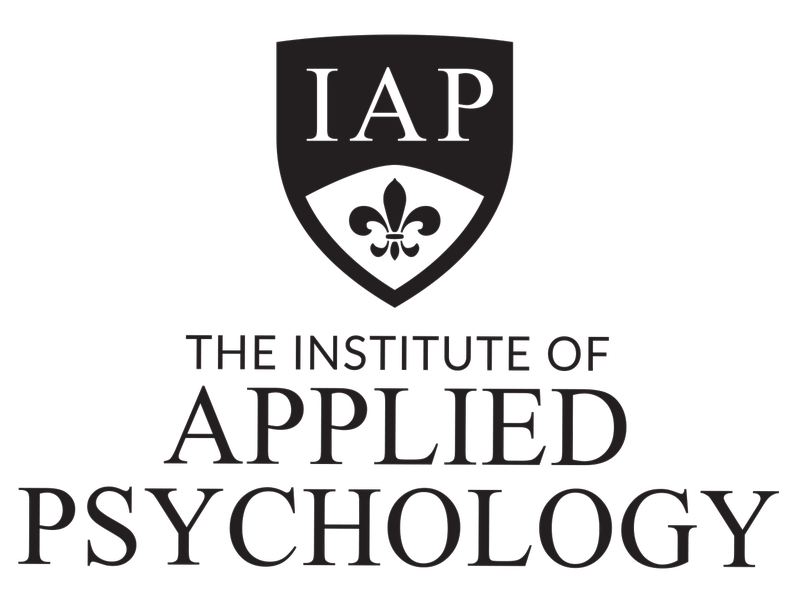
Beyond regulatory functions, ACA actively supports the continuous professional growth of members, promoting ongoing education and training, creating employment opportunities, and engaging in research initiatives to enhance and promote counselling practices. ACA stands firm in its commitment to guiding practitioners throughout their professional journey and remains dedicated to shaping the landscape of the counselling profession, ensuring a trustworthy and proficient workforce for the individuals and communities they support.
ACA accreditation is a significant advantage for students pursuing a career in counselling, and here are some reasons why it matters:
- Professional Recognition
Industry Standard: The Australian Counselling Association (ACA) is one of the leading professional bodies for counsellors in Australia. Being ACA-accredited ensures that the course meets the high standards set by the industry, making your qualification more credible and recognised. The ACA has over 16,000 members in Australia and has affiliations all over the world.
- Career Opportunities
Better Job Prospects: Many employers prefer or require ACA-accredited qualifications when hiring counsellors. Being accredited can make you a more competitive candidate in the job market.
- Insurance and Legal Protection
Professional Indemnity Insurance: ACA members are eligible for professional indemnity insurance, which is crucial for protecting yourself legally while practising as a counsellor.
Ethical Standards: ACA accreditation ensures that you are trained to adhere to ethical guidelines and standards, which can protect you and your clients legally and professionally.
- Continuous Professional Development (CPD)
Ongoing Education: ACA requires its members to engage in continuous professional development (CPD). This keeps your skills up-to-date and relevant, ensuring that you can provide the best care to your clients.
Networking Opportunities: As an ACA member, you have access to workshops, seminars, and conferences, allowing you to network with other professionals and stay current with industry trends.
- Client Trust
Credibility: Clients are more likely to trust a counsellor who is a member of a recognised professional body. ACA accreditation signals to clients that you are a qualified, ethical, and competent professional.
- Pathway to Higher Qualifications
Further Education: An ACA-accredited CHC51015 Diploma of Counselling can serve as a pathway to higher qualifications, such as a the CHC81015 Graduate Diploma of Relationship Counselling or bachelor degrees in counselling, further enhancing your career prospects.
- Support and Resources
Access to Resources: ACA membership provides access to a wealth of resources, including research publications, counselling tools, and professional advice, which can be invaluable in your practice.
In contrast, a non-ACA accredited course will not provide the benefits available with ACA membership, potentially limiting your career options, reducing client trust, and offering less support as you progress in your career. Therefore, ACA accreditation is not just a mark of quality, but a strategic choice for a successful and sustainable counselling career.
